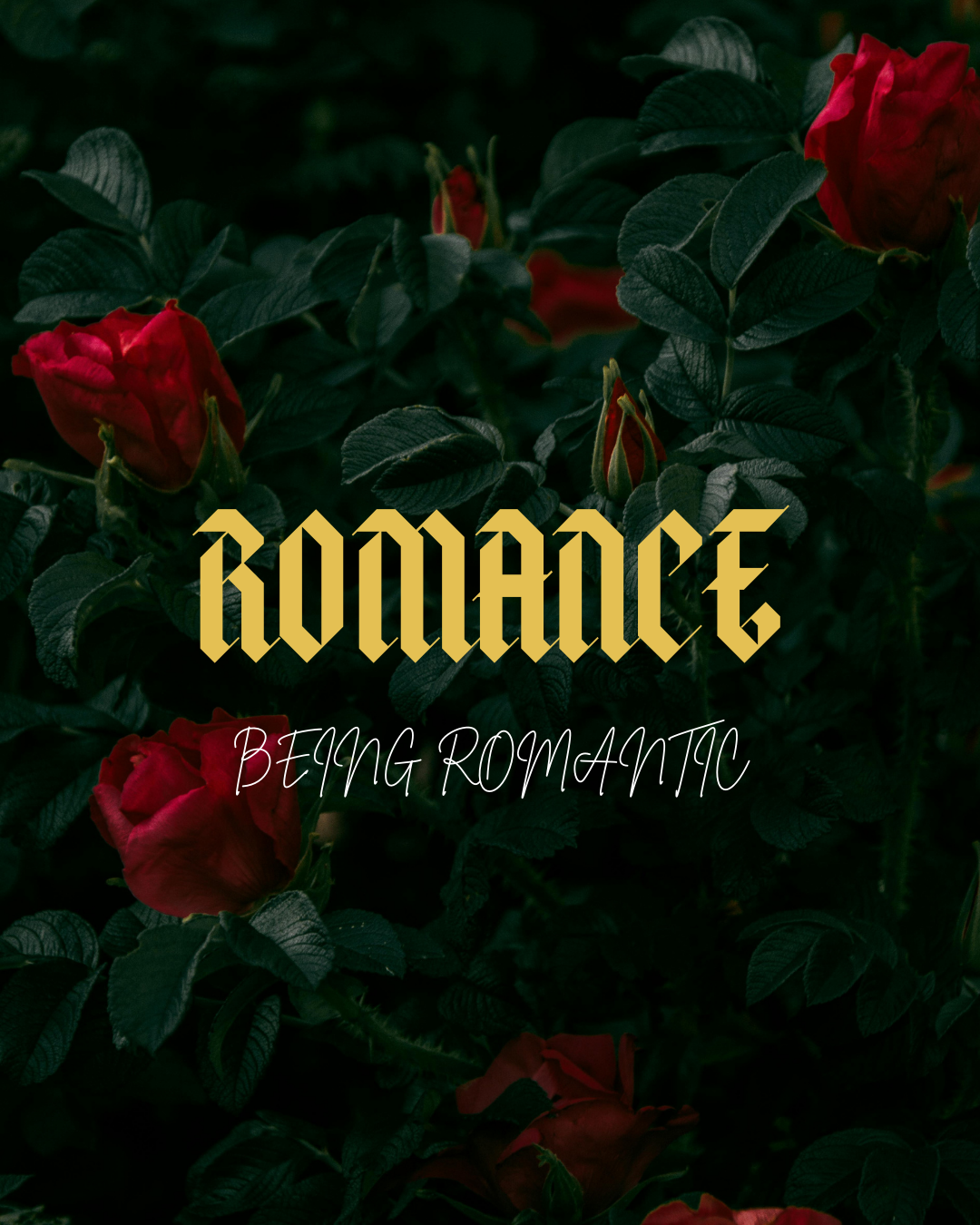Romanticism, often associated with grand gestures and passionate emotions, goes beyond the mere act of buying flowers or planning a candlelit dinner. It delves into the psychological depths of how we express love and the underlying needs that drive these expressions.
At its core, romanticism is about connection. It’s an emotional bridge between two people that fosters intimacy and understanding. This connection is often rooted in the desire for self-care, where nurturing oneself becomes intertwined with nurturing the relationship. When we care for our partner, we inherently care for ourselves, fulfilling an intrinsic need for love and affection.
One of the key aspects of romanticism is its emphasis on individualism. Unlike other periods in history where communal values were prioritized, the Romantic era celebrated the individual’s emotions, thoughts, and experiences. This shift allowed for a deeper exploration of personal feelings and how they contribute to the dynamics of a relationship.
The psychology of romanticism also highlights the importance of imagination. Romantic gestures often involve creativity and a personal touch that signifies thoughtfulness and effort. Whether it’s writing a heartfelt letter, planning a surprise trip, or simply spending quality time together, these actions show a deep understanding and appreciation of one’s partner.
Furthermore, authenticity plays a crucial role in being romantic. True romantic gestures are not about grandiosity for its own sake, but about genuine expressions of love and affection. Authenticity ensures that these gestures resonate deeply with both partners, fostering a stronger emotional bond.
In conclusion, being romantic is about more than just the act itself; it’s about understanding and meeting the psychological needs of both partners. By emphasizing connection, individualism, imagination, and authenticity, romanticism becomes a powerful force that enhances personal growth and self-care, enriching the relationship as a whole.
Who is romance for?
Romance is often depicted as the magical element that transforms relationships, making them more vibrant and meaningful. But who is romance truly for? The answer is multifaceted, reflecting the diverse nature of human relationships and individual needs.
For Couples
Primarily, romance is for couples who seek to deepen their connection and maintain the spark in their relationship. Romantic gestures and moments help couples express their love and appreciation for each other, creating lasting memories and reinforcing their bond. Whether through small acts of kindness or grand displays of affection, romance keeps the relationship dynamic and emotionally fulfilling.
For Individuals
Romance is also for individuals who value self-care and personal growth. Engaging in romantic activities, even when single, can be a form of self-love and personal enrichment. Treating oneself to a special dinner, taking a solo trip, or indulging in a favorite hobby are all romantic acts that nurture one’s own well-being. This self-romance can enhance one’s confidence and happiness, making them more open and ready for future relationships.
For the Community
Beyond the personal sphere, romance has a broader social impact. It fosters a sense of empathy and understanding within the community. Witnessing acts of romance can inspire others to be more caring and considerate in their own relationships. It also adds a touch of beauty and positivity to everyday life, reminding us of the importance of love and connection.
For Every Age
Romance is not confined to any particular age group. From young couples experiencing their first love to elderly partners who have shared decades together, romance enriches lives at every stage. It evolves with time, adapting to the changing needs and experiences of individuals, but always retaining its core essence of love and affection.
Bottom Line
In essence, romance is for everyone. It transcends the boundaries of coupledom, age, and social status, offering a way to express love, enhance personal well-being, and create a more compassionate community. Embracing romance in all its forms can lead to a richer, more fulfilling life, underscoring the universal need for love and connection.

Leave a Reply